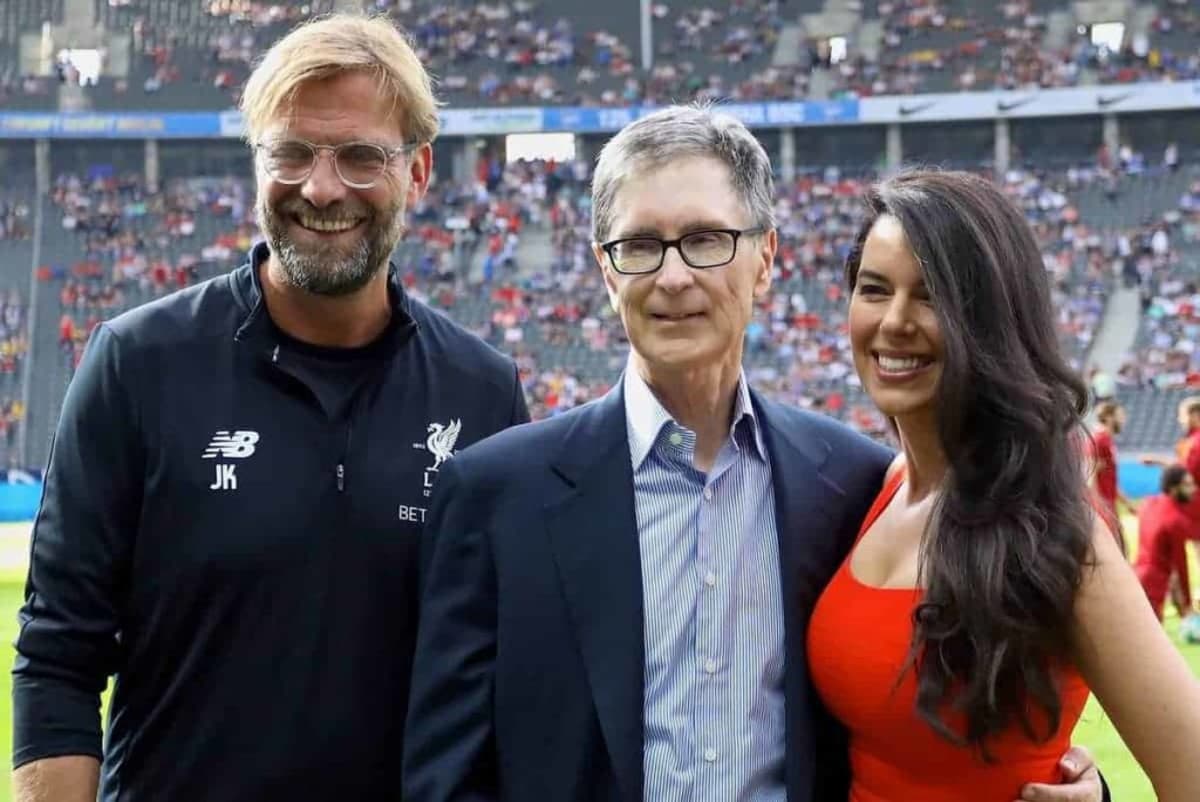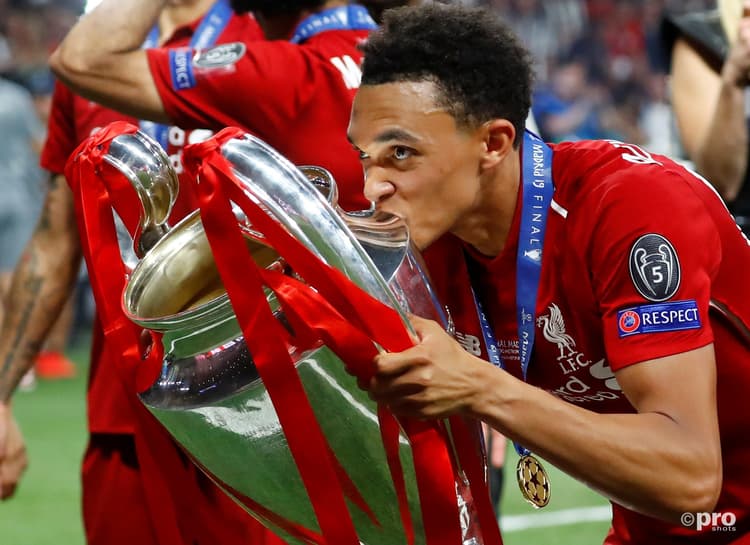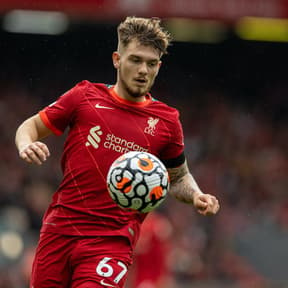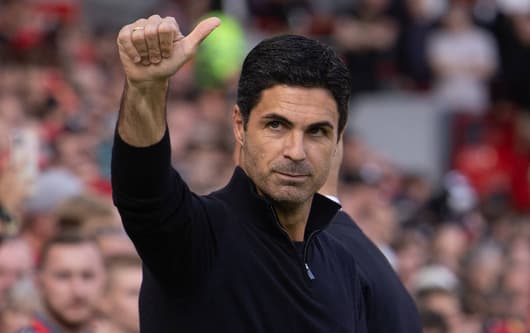FSG out! Why many Liverpool fans want their owners to leave

Liverpool fans have had a complicated relationship with the club’s owners for much of the 21st century.
Tom Hicks and George Gillett bought the club in 2007 but sold three years later after very nearly driving the club into administration.
The buyers in 2010 were Fenway Sports Group (FSG), headed by John W. Henry and Tom Werner, who had been and continue to be very successful owners of Major League Baseball franchise Boston Red Sox.
But things turned sour from the fans’ point of view once again in April when Liverpool were one of 12 clubs to attempt to form the European Super League, while fans have also taken exception to the 'sell to buy' transfer policy.
In 2018, Liverpool spent over £200 million on Virgil van Dijk, Alisson Becker – a then-world record for a goalkeeper – Naby Keita and Fabinho.
The Reds have spent just a touch over £100m over the following three years combined, enraging supporters who have accused FSG of lacking ambition and not properly backing Jurgen Klopp, one of the greatest managers the club has ever had.
In that three-year period, though, Liverpool have had more success than in the last 30 combined, lifting the Champions League and the first Premier League title in the club’s history.

Over the last two years, Liverpool’s net spend on transfers is comfortably the lowest of the Premier League’s top six clubs, and their gross spend in the last 10 years is some £700m less than Chelsea and Manchester City.
After overcoming that initial period of debt after buying the club, FSG have turned the finances around to bring in a £141m profit in the last five years, which leaves them with a £61m profit across their period at the club so far.
This would never have been possible without player sales, though. The club has generated £359m in player sales in the last 10 years, with notable departures including Philippe Coutinho, Luis Suarez and Fernando Torres. Without this income, the club would still be in hundreds of millions of debt, irrespective of prize money, COVID-19 or any other extraneous variable.
The pandemic has obviously had a heavy impact on the footballing world – one needs only look at the state of Spanish and Italian football at the moment.
This has hit Liverpool in two ways. Operationally, games without fans have been a major factor, but this has been the case for all European clubs, which means other clubs aren’t in a place to be purchasing players as they once were.
As a consequence, Liverpool’s ‘sell to buy’ method cannot work in the same way, as with the former not happening, the latter cannot occur.
FSG's spend on wages have been a massive contributor to Liverpool's success
Liverpool finished outside of the top six three times in five seasons between 2011 and 2016. In the following five seasons, the Reds have won four trophies and been in the top four in all five.
With this rapid improvement obviously came better players and coaches, and with better players and coaches comes higher wages.
The club’s wage-rise of almost £200m since 2011 is the most in the big six of the Premier League, and the total wage bill currently is second only to Manchester City.
Van Dijk, Trent Alexander-Arnold, Alisson, Fabinho, Andrew Robertson, Jordan Henderson all penned long-term contract extensions over the summer as well as Nathaniel Phillips and Rhys Williams, while Mohamed Salah is the next star the club are aiming to tie down.
𝑻𝒆𝒏 𝒚𝒆𝒂𝒓𝒔 𝒂𝒏𝒅 𝒄𝒐𝒖𝒏𝒕𝒊𝒏𝒈... 🤩@JHenderson has signed a new contract to commit his long-term future to the Reds 🙌
— Liverpool FC (@LFC) August 31, 2021
Liverpool have been known as a club to sell their stars to 'bigger' clubs in the past – Steve McManaman, Michael Owen, Xabi Alonso, Javier Mascherano, Coutinho, Suarez and Torres are but a few of the names that left knowing they would win more titles elsewhere.
But the development of the club on and off the pitch means the star players, some of which are up there with the best in the world in their position, want to stay on Merseyside.
Of course, the club as a whole would love to be in a position to spend more money, but it doesn’t work that way for them. Developing a squad by selling players works, and Liverpool themselves have proved that in their success in recent years.
FSG have kept the club afloat, hired the best manager the club has had in the 21st century and signed some of the club’s best-ever players. If that isn’t successful, then who knows what they need to do to become so.






















